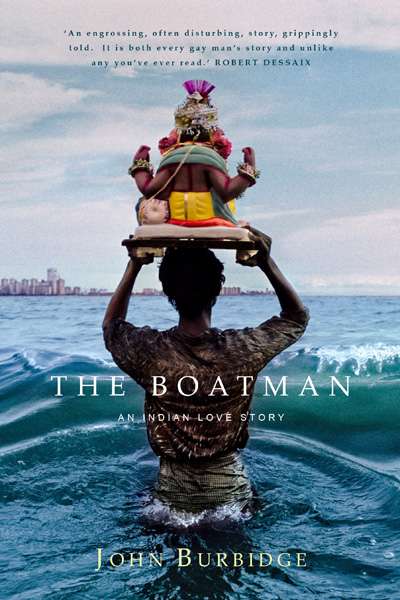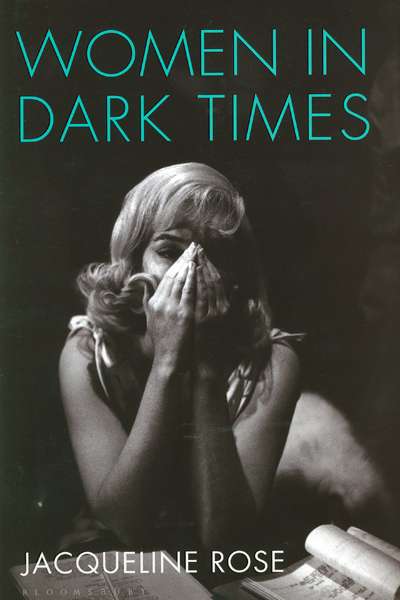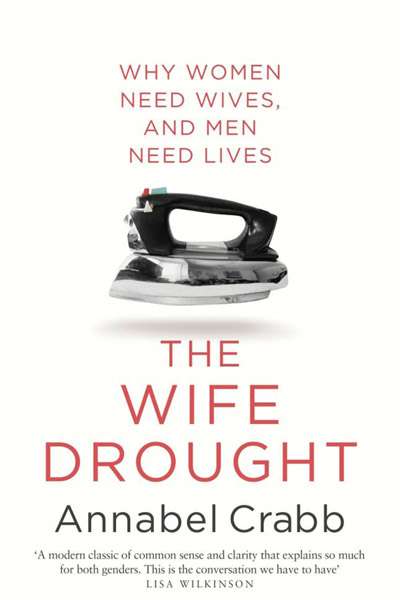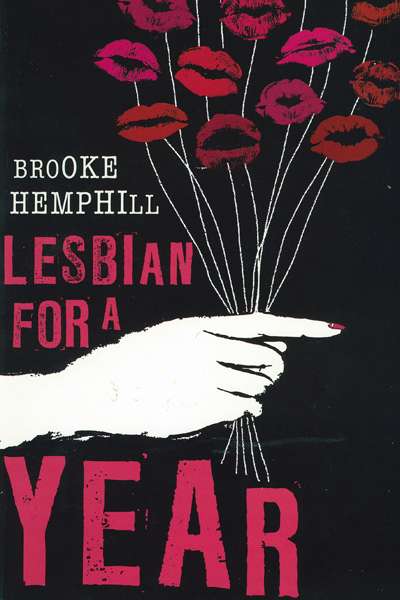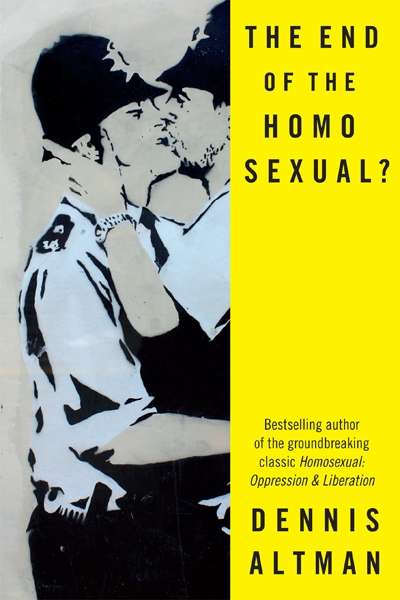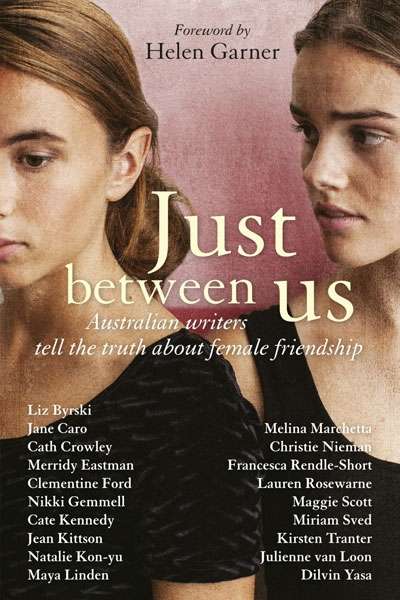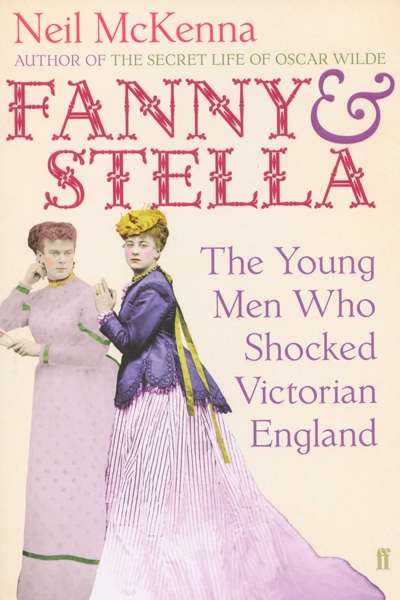Gender and Sexuality
When Germaine Greer’s The Female Eunuch was published in 1970, it created a sensation. Within six months, it had almost sold out its second print run and had been translated into eight languages. Simone de Beauvoir’s The Second Sex, the influence of which critics see in Greer’s book, had come out in France in 1949. The Feminine Mystique, b ...
John Burbidge’s The Boatman was first published last year in India, by Yoda Press. Its moving afterword describes Burbidge’s return to India last year for the book launch and his attendance at an LGBT pride march there. Burbidge was struck by how strongly the cause of sexual rights had been embraced by other elements of Indian society who also face discri ...
In a review of several books on motherhood (LRB, 14 June 2014), Jacqueline Rose – feminist, writer on psychoanalysis, English professor, ‘public intellectual’ – interprets Adrienne Rich’s belief that to give birth is to testify to the possibilities of humanity, as a variation on Hannah Arendt’s formulation, in an essay on totalitarianism, that ‘freedom is identical with the capacity to begin’. As bearers of new lives, women are thus the repositories of tremendous power, which is undermined by the patriarchy. Arendt’s collection of essays Men in Dark Times (1968) provided the framework for Rose’s exhilarating, disturbing, ‘scandalous’ (Rose calls for a ‘scandalous feminism’ in the preface) book, Women in Dark Times.
... (read more)The Wife Drought: Why women need wives, and men need lives by Annabel Crabb
Why is it that women with supportive partners are still thought of as lucky, as if they have won a lottery? In the winter of 2012, Annabel Crabb ran into Tanya Plibersek, who had raised three children over the course of a successful parliamentary career with the help of her husband, a senior state bureaucrat. When Crabb commented on how fortunate they were to have helpful spouses, Plibersek replied, with characteristic dry wit, that she sincerely hoped they would be the last generation who needed to feel lucky about that.
... (read more)Brooke Hemphill knows hers was not meant to be an ordinary existence, yet by her early twenties she is engaged and planning the perfect wedding – with the wrong guy. She breaks it off and moves in with a married man. He, too, is wrong for her. She works on an island resort and falls for another, but he takes off for Europe. She travels to the United States and works on a cruise ship. Life is a continual bender of booze and drugs, until she falls pregnant and returns to Melbourne.
... (read more)How to Tell Your Father to Drop Dead by Jeremy Fisher
The title of Jeremy Fisher’s latest tome is deceptive. This reviewer expected a zany children’s book. Actually, How to Tell Your Father to Drop Dead is a subdued look at masculinity in Australian history. The text comprises autobiographical fragments and short stories. Fisher recalls growing up in a culture where homosexuality was ‘invisible’. He describes the heady days of the Gay Liberation movement in the 1970s. The author remembers his relationship with his father. The older man is described as an Errol Flynn lookalike who, at the age of sixteen, killed a boar and whose body was (decades later) cremated alongside that animal’s tusks. There is a piece on gay male sadomasochism in Sydney’s western suburbs.
... (read more)Stranger by the Lake is set entirely within the perimeters of a cruising ground for men by the shores of a lake in France. There unfolds a perfectly simple temporal conceit in which the cruiser, a handsome thirty-something everyman called Franck (Pierre Deladonchamps), arrives each summer day, parks his car, and walks down to the pebbled beach by the lake’s edge. That this is a narrative of repetitions becomes clear the third or fourth time we see the sunny establishing shot of the makeshift carpark where Franck parks his Renault. His routine documents almost ethnographically what happens at the cruising ground: he walks down to the beach, greets some acquaintances, takes off his clothes, swims, sunbakes, waits, rummages around in the scrub for sex, then does it all again.
... (read more)Dennis Altman’s major work, Homosexual: Oppression and Liberation was published in the 1970s, first in the United States (1971) and then in Australia (1972). It was fortuitous timing; along with Germaine Greer, Dennis Altman became the intellectual face of sexual liberation in Australia and abroad. Altman and Greer shared a stage at a crowded and sweaty January 1972 sexual liberation forum at Sydney University. Photographs show the audience spilling onto the stage, with Altman’s raffish features offset by Greer’s languid beauty. Arguably, Greer has gone on to greater celebrity and notoriety, as she has drifted from her academic and activist roots. Altman, as he notes in this book, has continued to combine activism and an academic career. In many ways, this book is an extended reflection on that trajectory, now into a fifth decade.
... (read more)Just Between Us: Australian Writers Tell the Truth about Female Friendship edited by Maggie Scott et al.
Friendship between women is ideal. It is affectionate and nurturing, founded on generosity and mutual love. It is intimate and loyal, because you can tell your best friend anything and she won’t betray you. It lasts a lifetime.
... (read more)Fanny and Stella: The Young Men Who Shocked Victorian England by Neil McKenna
The trial of Frederick Park and Ernest Boulton in 1870 might have been designed for the media to whip up public outrage in a familiar mix of moral disapproval and prurient detail. As Neil McKenna’s Fanny and Stella reveals, this was indeed the intention of the British government of the day.
... (read more)

